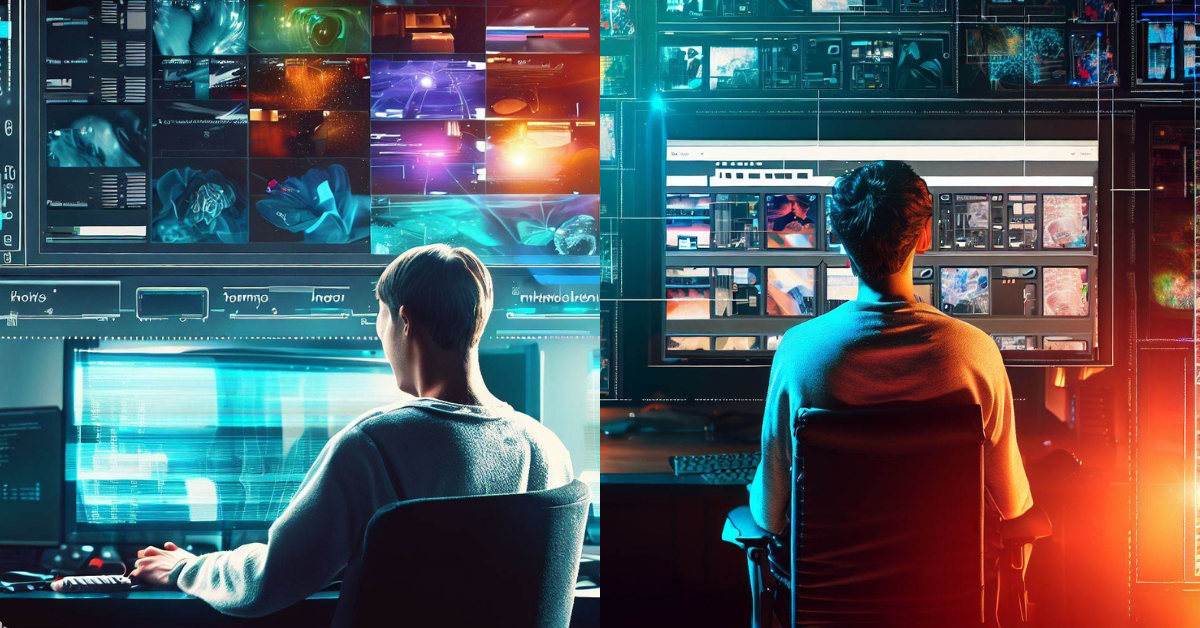The world of film editing has come a long way from physically cutting and splicing celluloid film. With digital technology, editors now have access to tools that have transformed the way films are put together. One of the most exciting developments in recent years is the integration of artificial intelligence (AI) into film editing. AI has the potential to automate tasks and streamline the entire post-production process.
AI in Film Editing History:
IBM’s Watson, a supercomputer, has already demonstrated the potential of using AI in film editing. Watson created a trailer for the horror film “Morgan” by analyzing existing horror movie trailers and identifying key elements and patterns.
AI Automates Selection and Organizing of Footage:
AI algorithms can now automate the process of selecting and organizing footage, a task that is labor-intensive for larger productions with hundreds or thousands of hours of footage. AI can analyze and identify key moments within the footage to create a rough cut of the film. This not only saves time but also frees up editors to focus on the more creative aspects of their job.
AI Provides Realistic Digital Doubles of Actors:
AI-powered tools can create realistic digital doubles of actors, streamlining the visual effects process and lowering costs. For example, in the film “The Irishman,” AI was used to de-age Robert De Niro and Al Pacino. Also, “Gemini Man” featured a fully digital younger version of Will Smith. AI-generated digital doubles speed up the process while retaining the realistic look and movement of the actor.
AI Streamlines the Color Grading Process:
Traditionally, skilled colorists had to manually adjust each shot to meet the desired look and mood of the film. However, AI-powered tools can analyze a film and apply a consistent color grade across all shots, ensuring a cohesive visual style and saving time.
The Future of AI in Film Editing:
As AI technology continues to advance, editors can potentially rely on AI to take care of repetitive tasks, freeing up their time for more creative pursuits. With the successful integration of AI into the film editing process, there is excitement and anticipation to see how AI will further shape the future of filmmaking.
Visit: ChatGPT Prompts
Final Thoughts:
The use of artificial intelligence in film editing is revolutionizing the industry. By automating tedious and time-consuming tasks, such as selecting and organizing footage, creating realistic digital doubles of actors, and streamlining the color grading process, AI frees up editors to focus on the creative side of their job, leading to better films and a more efficient post-production process. As AI technology continues to advance, it will be fascinating to see how it further shapes the future of film editing and movie-making.


